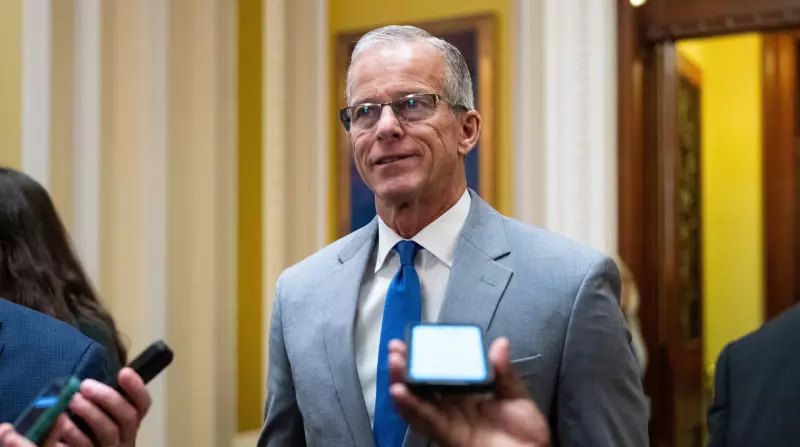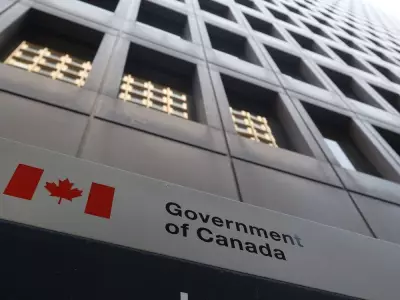
In a tense political confrontation that has Washington buzzing, the U.S. Senate has narrowly rejected a critical measure that would have prevented President Donald Trump from pursuing aggressive military action against Venezuela. The dramatic vote unfolded along party lines, exposing the deep ideological divides shaping American foreign policy.
A Close Call That Shook the Senate
The proposed legislation, spearheaded by Democratic Senator Dick Durbin of Illinois, sought to block funding for any unauthorized military engagement in Venezuela without explicit congressional approval. The measure failed by a razor-thin margin of 51-46, with most Republicans opposing the restriction and Democrats largely supporting it.
This political showdown comes amid escalating tensions between the Trump administration and Venezuelan President Nicolás Maduro's government. The White House has repeatedly characterized the Maduro regime as an illegitimate dictatorship that must be removed from power.
The Political Fault Lines Exposed
Senator Durbin argued passionately on the Senate floor, emphasizing that "Congress cannot be a bystander" when it comes to matters of war and peace. He warned against the dangers of granting the executive branch unchecked authority to initiate military conflicts without proper oversight.
Meanwhile, Republican Senator Marco Rubio of Florida emerged as a leading voice against the measure, advocating for maintaining maximum pressure on the Maduro government. Rubio and his allies contend that restricting presidential authority would undermine U.S. diplomatic leverage during a critical period of political instability in Venezuela.
What This Means for U.S.-Venezuela Relations
The Senate's decision represents a significant victory for the Trump administration's hawkish approach to Venezuela. It allows the President to maintain the threat of military intervention as part of his broader strategy to force political change in the South American nation.
However, the close vote signals growing concern among some lawmakers about the potential for mission creep and unauthorized military engagements. The debate has reignited longstanding constitutional questions about the balance of power between the executive and legislative branches when it comes to war-making authority.
As the political drama continues to unfold, all eyes remain on Venezuela, where economic collapse and humanitarian crisis have created one of the most volatile situations in the Western Hemisphere.





